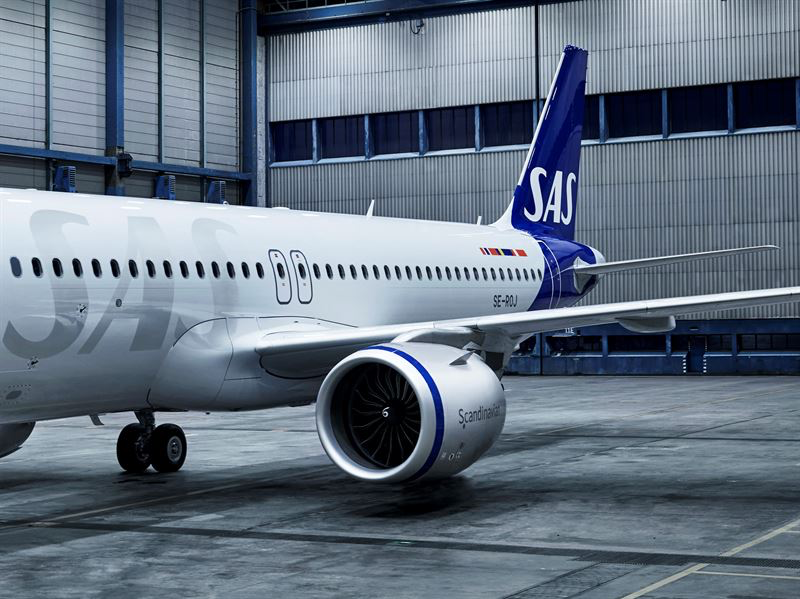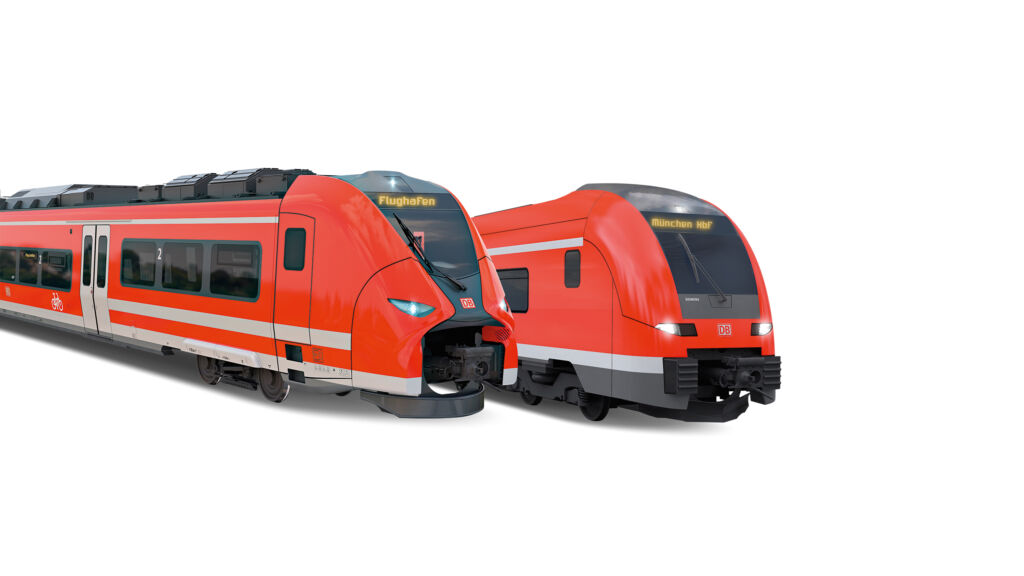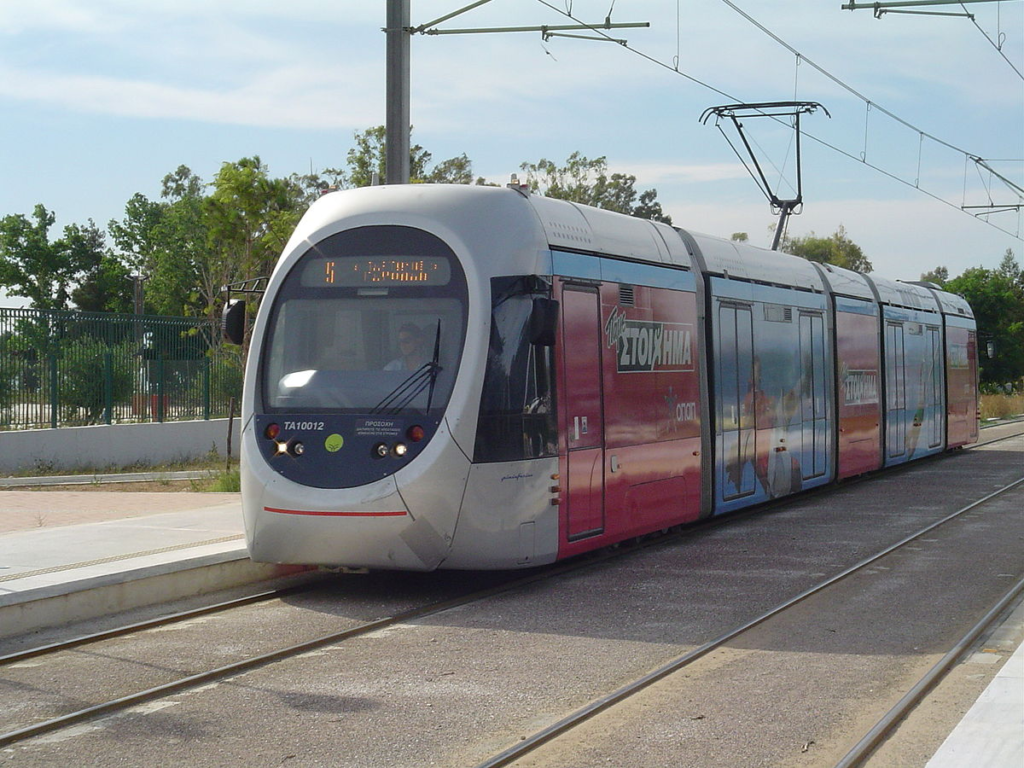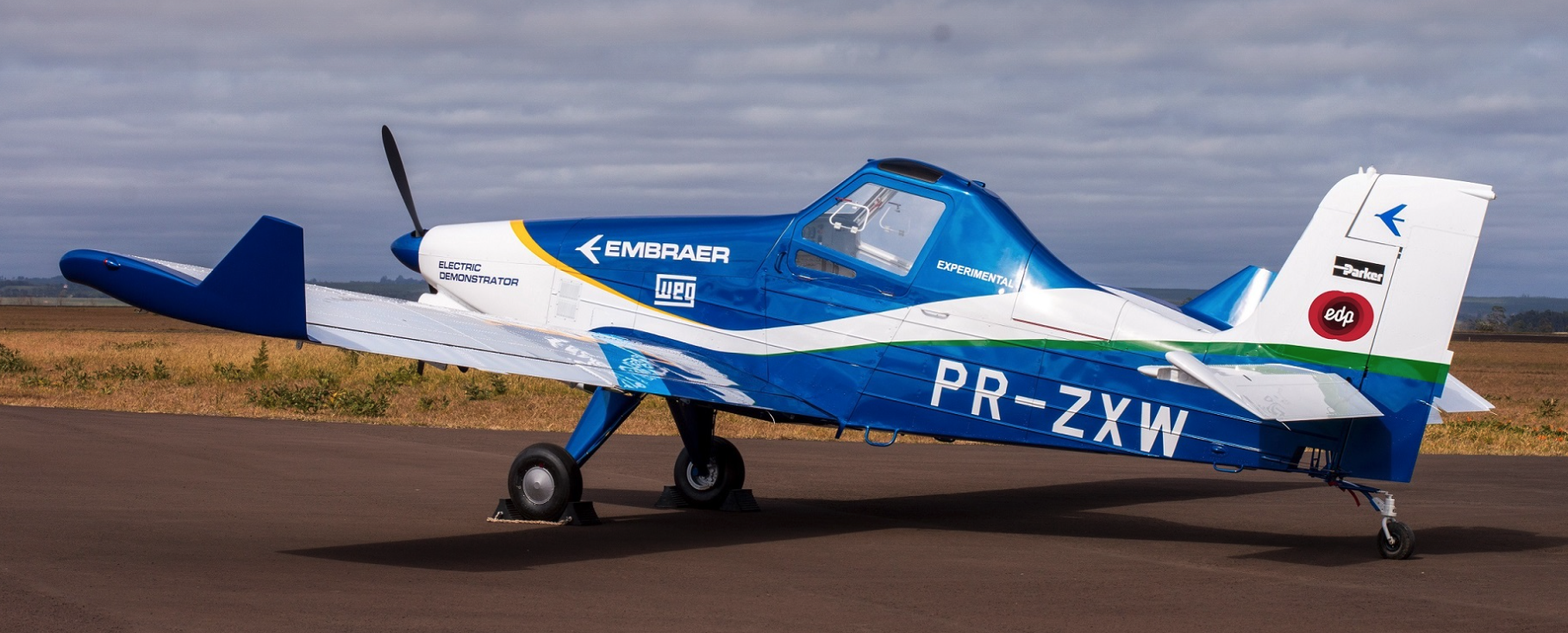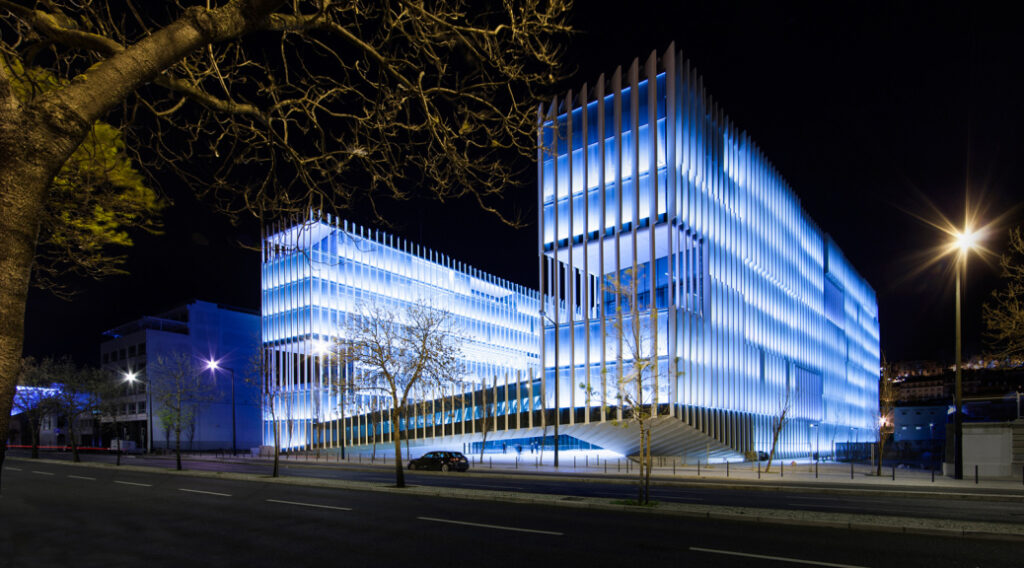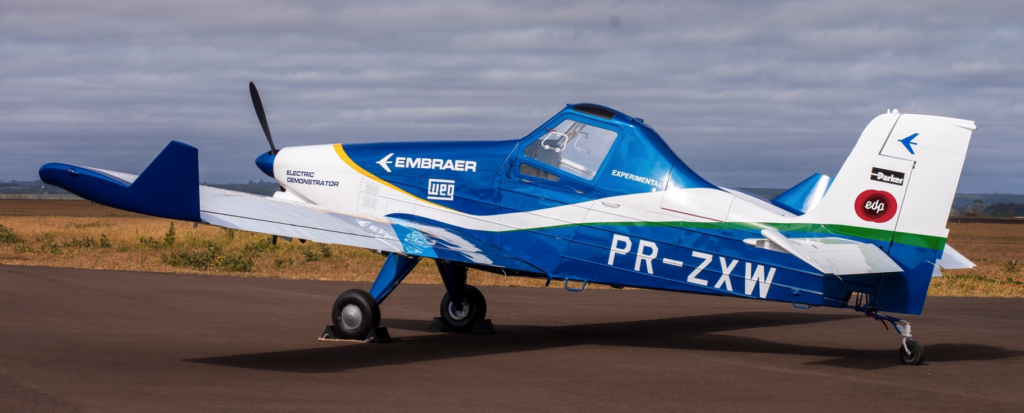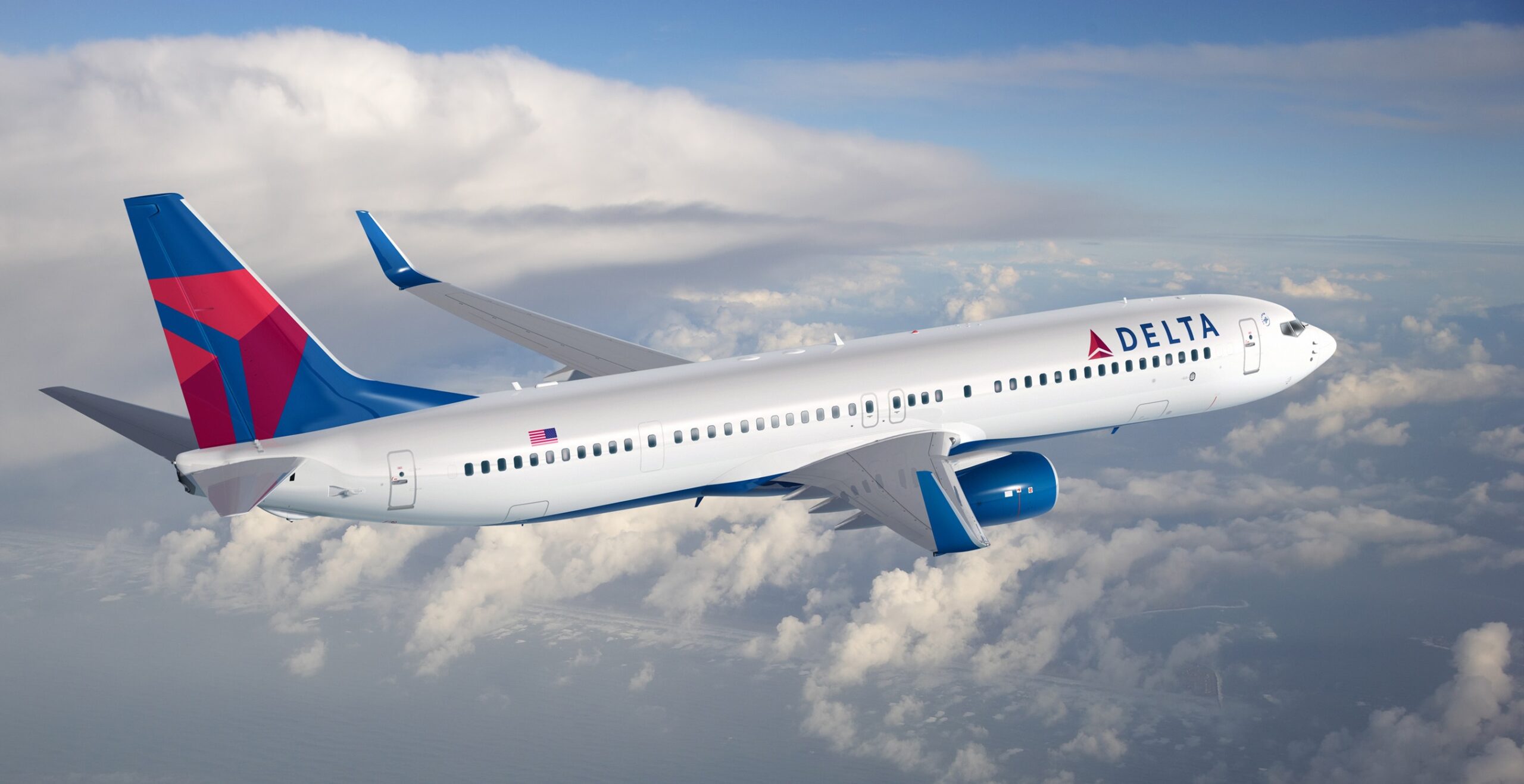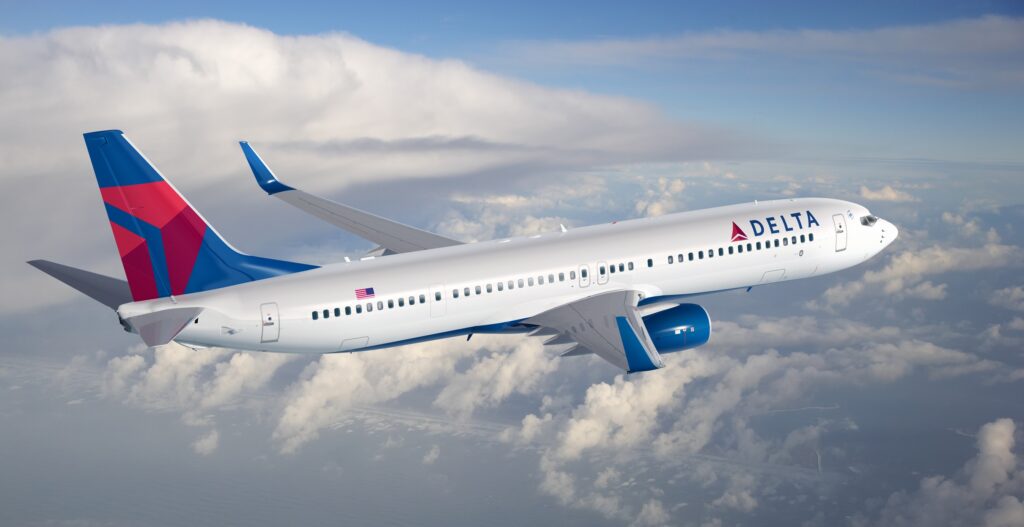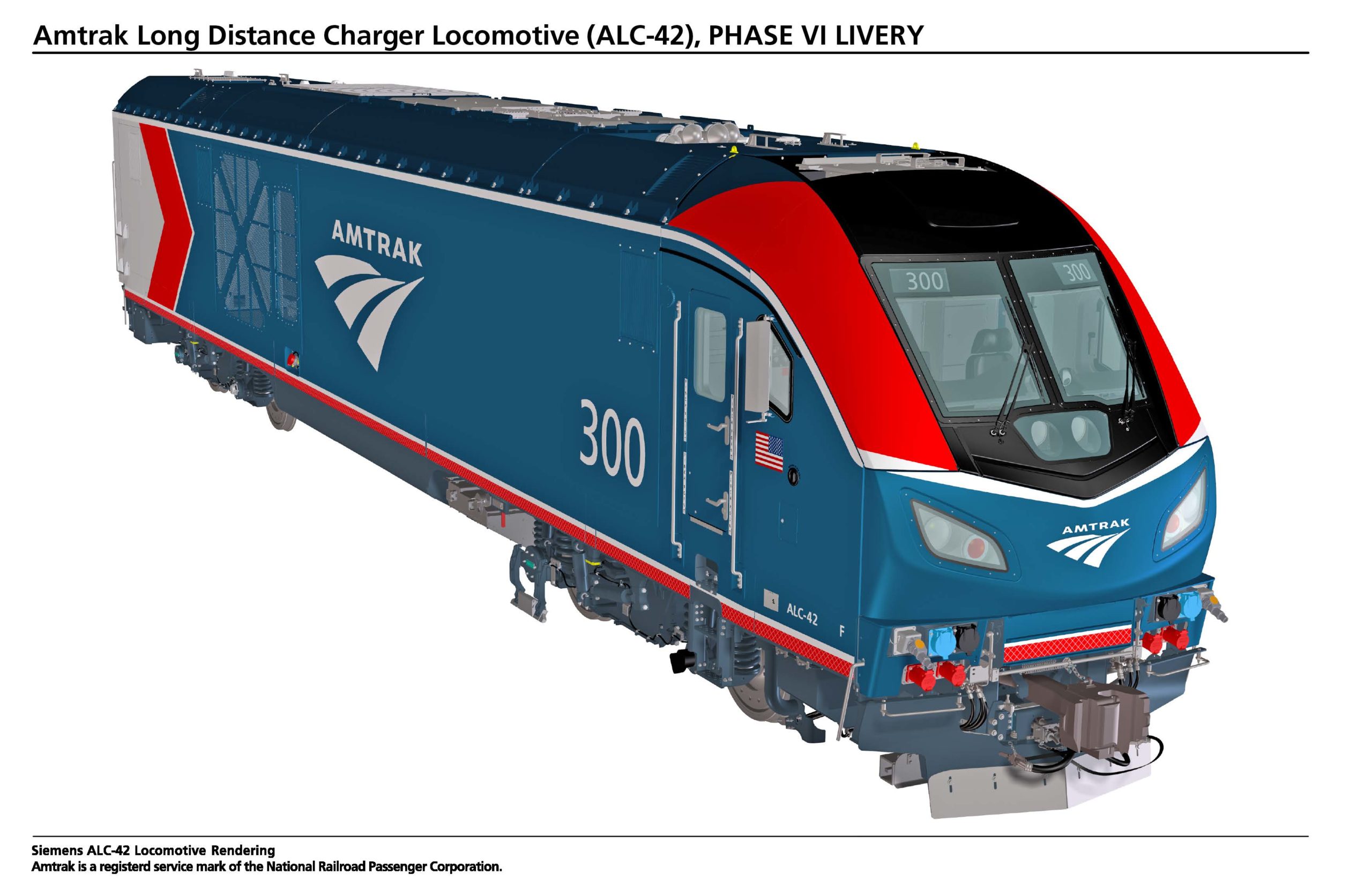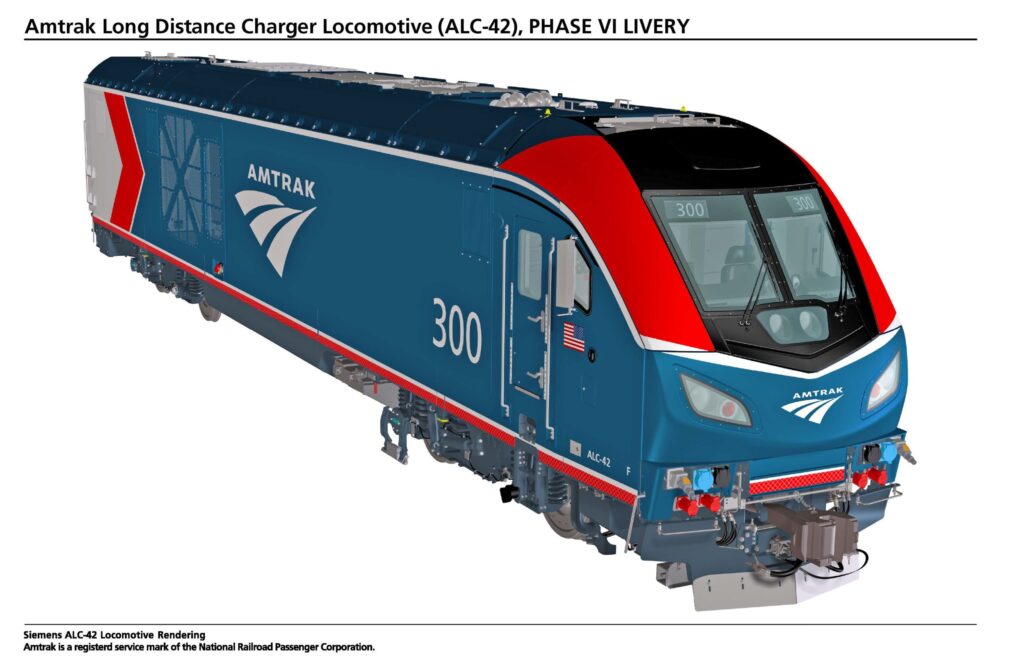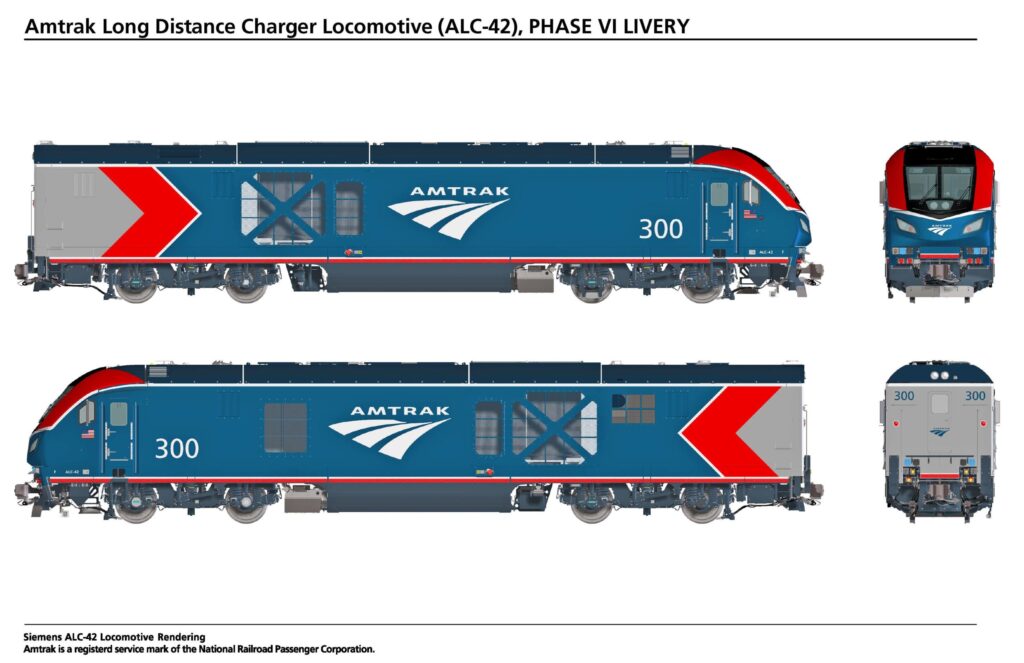TOKYO, March 5, 2021 – ANA HOLDINGS INC. (hereinafter “ANA HD”) is proud to announce that it has received the Gold Class distinction from the 2021 S&P Global Sustainability Awards, becoming the only company within the aviation industry to receive this recognition. ANA was previously named to S&P Global’s elite Gold Class tier in 2018 and 2019. This is the latest in a long line of ESG-related awards for ANA HD, with the company also being recognized by IATA, J-Win and the Dow Jones Sustainability Index.
ANA HD was one of only 70 companies (including 6 Japanese companies) to earn Gold Class recognition from S&P Global out of the 7,032 companies that were considered, placing ANA in the top 1%. Companies are judged based on their contributions to the three aspects of economy, environment, and society, and are assigned Gold, Silver, or Bronze ratings that have a specifically strong track record.
ANA HD was selected as the only Gold Class company in the entire aviation industry in recognition of its outstanding environmental record as well as its prioritization of safety and quality across its full range of operations. ANA HD’s information management, and efforts to hire and retain human resources were also commended.
- *1 S&P Global:
One of the world’s leading financial service companies providing credit ratings, benchmarks in global capital and commodity markets, and providing detailed data and observations related to important business factors including ESG.
